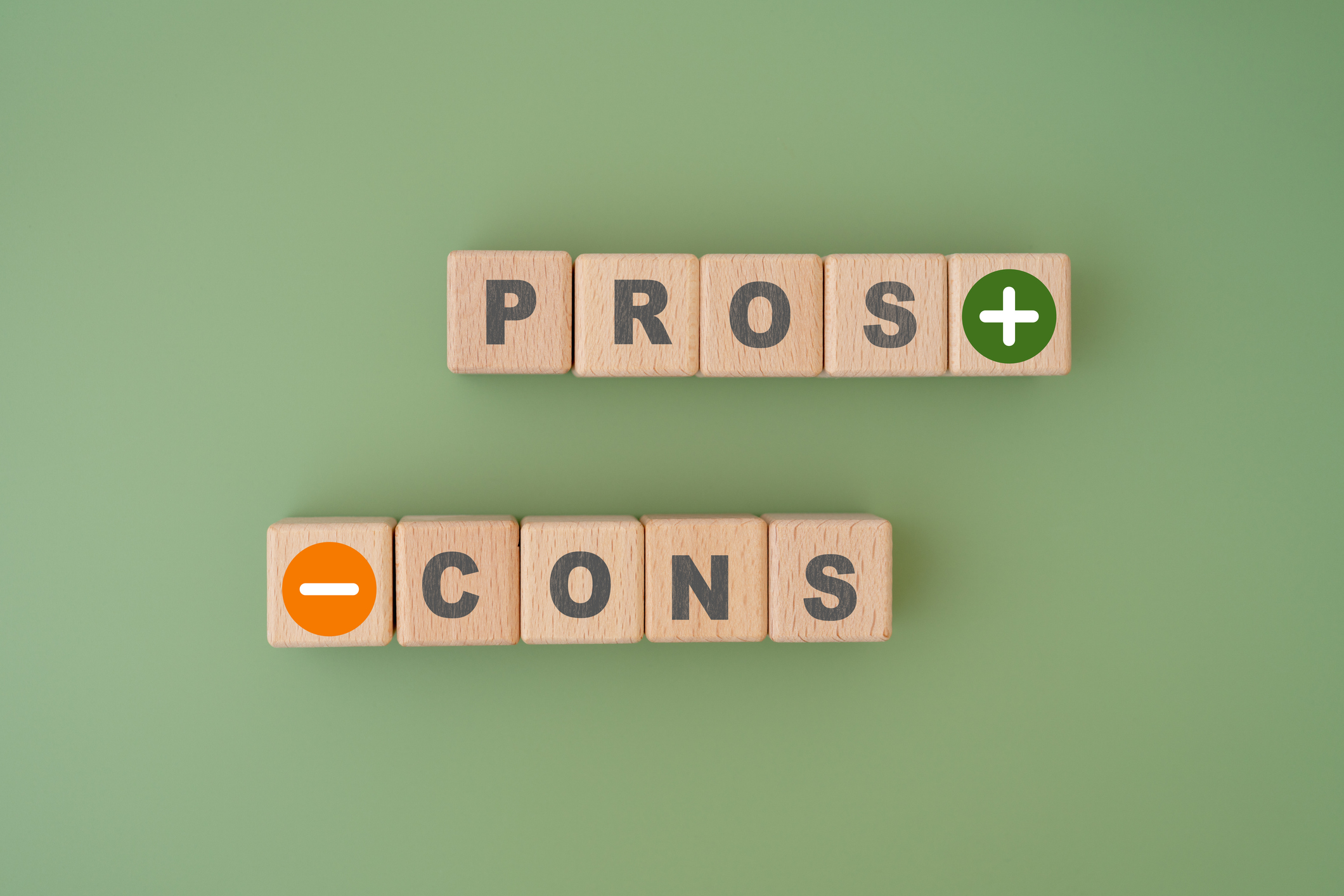
While mortgage interest rates for 30-year loans were north of 7% at the start of the year, they’ve been slowly easing down. With interest rates trending lower, you might be wondering if now’s the right time to scoop up a vacation home.
A second home can be more than just a weekend retreat. It can double as an investment property that earns income and appreciates over time. But if you’re not careful, that dream getaway could quickly turn into a financial headache.
Before you start house hunting, it’s important to weigh the benefits and drawbacks. Here’s what to consider before buying a vacation home.
Pros and cons of owning a vacation home

A vacation home comes with a ton of upside, but if you’re careless in your research and spending, you could end up wasting your money. Still, several financial and lifestyle benefits can make a second home a smart move if the numbers work in your favor.
Pros of owning a vacation home
- Personal getaway. You get a place you can always stay, without paying for lodging. You don’t need to get a hotel or book an Airbnb.
- Potential rental income. While you’re not using it, you can make your home work for you. Smart interior design can transform your vacation home into an income-generating rental.
- Long-term appreciation. A well-chosen vacation home can do more than give you a place to relax, it can grow in value over time. When the market’s strong, selling later could mean pocketing more than you paid.
- Potential tax breaks. You might get some savings come tax time with a vacation home. For instance, you can deduct the mortgage insurance you pay on your second home. You may also qualify for state and local tax deductions.
Cons of owning a vacation home
- High upfront costs. Buying a vacation home means you’ll need to come up with a down payment and closing costs. In the second quarter of 2025, the median home sale price was $410,800. Even if you only come up with 10% down, that’s more than $41,000.
- Expensive ongoing costs. You’re on the hook for insurance, property taxes, utilities and HOA fees, if applicable. If you put less than 20% down, you'll pay private mortgage insurance (PMI). This is all on top of the expenses for your primary residence.
- Home maintenance. From routine repairs to unexpected fixes, like a burst pipe or broken appliance, those costs can add up quickly — especially if you’re managing the property from afar.
- Potential depreciating value. Home values in vacation destinations can swing with demand and the economy. A market slowdown could lower your property’s value and cut into your potential return if you decide to sell.
How to decide if a vacation home makes sense for you
Signs you’re ready to own a vacation home
A vacation home isn’t for everyone, but it could make sense if you can manage both the upfront and ongoing costs of ownership. It helps to plan on keeping the property for several years so you can build equity and weather market changes. If you also have a strategy to generate income, such as renting it out when you’re not using it, your second home can serve as both a retreat and a long-term investment.
When a vacation home might not be the right move
A vacation home may not be the best choice if the down payment and closing costs stretch your budget too far. It can also become a financial burden if you’re not prepared for ongoing expenses like maintenance, insurance, and property management.
Real estate experts often recommend holding a property for at least five years to recover transaction costs and ride out market shifts. If you’re unsure how long you’ll keep the home, the short-term costs of buying and selling could outweigh any potential rewards.
Curious about today's mortgage rates? Explore and compare some of today's best offers with the tool below, powered by Bankrate:
How to prepare before buying a vacation home
Before you head to an open house or make an offer, take time to run the numbers and see how much home you can truly afford. Think through what you want from a vacation home — whether it’s a personal getaway, a rental investment, or both — and set a budget that keeps you financially comfortable.
Remember that owning a second property comes with new responsibilities. Your budget should cover not just the purchase price and closing costs, but also ongoing expenses like maintenance, insurance, utilities, and property management.
If you plan wisely, your vacation home can do more than offer a change of scenery. Turning it into a rental property when you’re not using it can help offset costs and improve your long-term return on investment.
A second home can be worth it but only with clear eyes
Buying a vacation home is a big decision that requires more than daydreaming about weekends away. It calls for an honest look at your finances, lifestyle and long-term goals. Take time to consider whether a second home will add comfort and enjoyment to your life or create more responsibility than you want to take on. The best choice is one that aligns with your budget, priorities and peace of mind.







